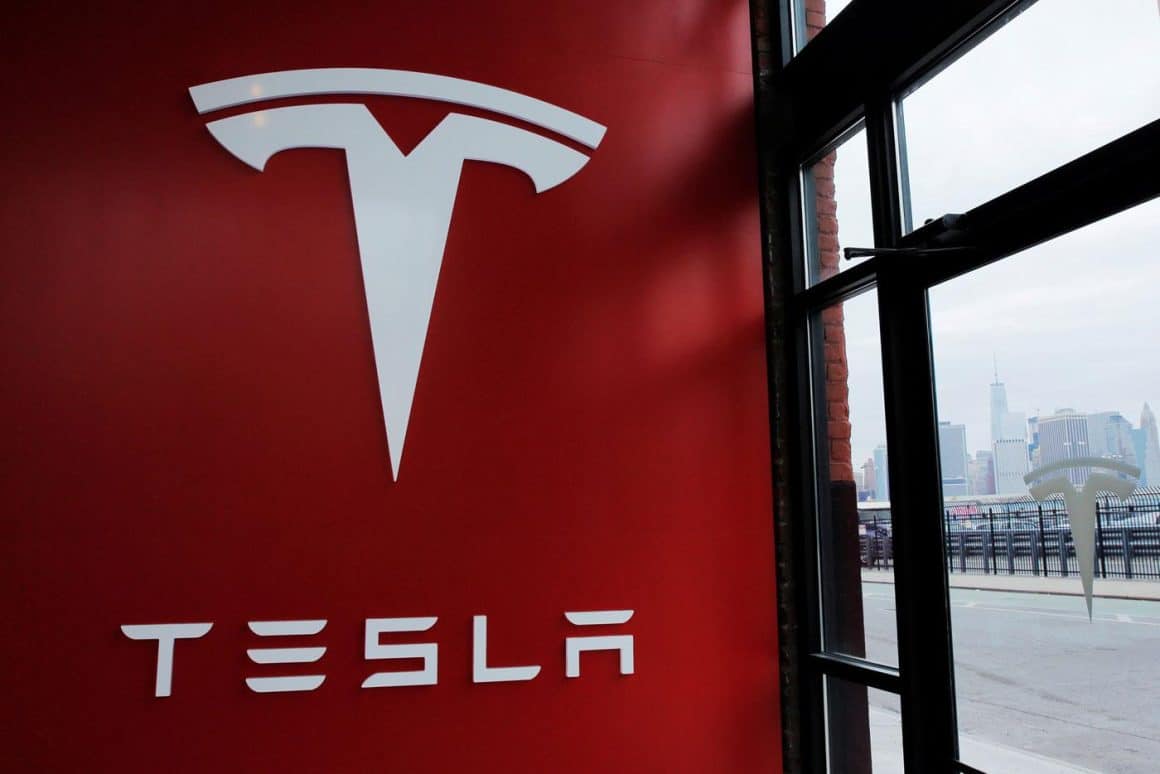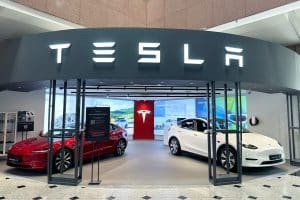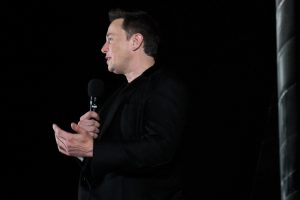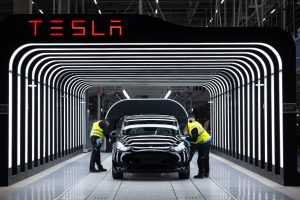- 🤝 Tesla shareholders ratified Elon Musk’s 2018 CEO Performance Award at the 2024 Cyber Roundup.
- 🏛️ The Delaware Court case over Musk’s pay package is ongoing despite the ratification.
- 💼 TSLA investor’s legal team challenged the fee request of Tornetta’s lawyers, who are seeking over $5 billion in fees.
- ⚖️ Tornetta’s legal team argued that shareholders were “coerced” and “uninformed” during the ratification vote.
- 🎭 The “clown show” comment by Tornetta’s attorneys was refuted by Steffens’s legal team, emphasizing a democratic vote process.
- 🗳️ 72% of disinterested voting shares favored ratification, portraying it as one of the most informed votes in Delaware history.
- 🚫 Tornetta’s role as a derivative plaintiff is being questioned due to lack of democratic legitimacy.
- 🔥 Elon Musk acknowledged the efforts of TSLA stockholder’s legal team with positive emojis on social media.
In a highly anticipated vote, Tesla shareholders ratified Elon Musk’s 2018 CEO Performance Award at the 2024 Cyber Roundup. However, despite this ratification, the Delaware Court saga over Musk’s pay package remains far from resolved. This blog delves into the layers of the legal dispute, the concerns raised by both sides, and what the outcome might mean for corporate governance and shareholder democracy.
The 2018 CEO Performance Award: A Quick Recap
Elon Musk’s 2018 CEO Performance Award is arguably one of the most ambitious compensation plans in corporate history. The award sets aggressive milestones for market cap and operational targets, requiring Tesla to achieve a $650 billion market cap. Unlike traditional compensation packages, Musk’s award involves zero salary or cash bonuses. Instead, it aligns Musk’s earnings with Tesla’s performance, which many argue incentivizes him to focus on the company’s long-term growth.
2024 Cyber Roundup: Shareholders Back Musk
At the 2024 Cyber Roundup, Tesla shareholders ratified Elon Musk’s controversial pay package from 2018. This ratification, however, didn’t put an end to the ongoing legal battle in the Delaware Court. It’s essential to highlight that 72% of disinterested voting shares favored the ratification, signaling a robust endorsement of Musk’s leadership and Tesla’s strategic direction.
The Legal Challenge: Tornetta vs. Tesla
Tornetta’s Stance
Richard Tornetta, a Tesla shareholder, initiated a legal challenge against Musk’s 2018 CEO Performance Award claiming that it grossly overcompensates Musk and raises questions about corporate governance. Tornetta’s legal team has argued that the ratification vote was invalid because shareholders were “coerced” and “uninformed.”
Additionally, Tornetta’s lawyers are demanding fees amounting to over $5 billion, translating to an astonishing $200,000 per hour for their legal services. They contend that their efforts provided a significant benefit to Tesla shareholders.
Steffens’ Counter Argument
On the other side, TSLA investor Amy Steffens, who owns over 19,000 shares, has legally countered Tornetta’s fee request. Steffens’ legal team argues that the ratification vote was among the most informed in Delaware corporate history, robustly debated across various platforms including online forums and traditional media. They assert that Tornetta’s complaint offers no tangible economic benefit to Tesla or its shareholders.
Democracy in Shareholder Votes
A Rigorous and Transparent Process
Steffens’ legal team highlighted the democratic nature of the shareholder vote, dismissing Tornetta’s “clown show” remarks as irresponsible. They emphasize that every Tesla shareholder had access to comprehensive information, including Delaware Court opinions, before casting their votes. Steffens’ legal team strongly believes the vote represents a pinnacle of corporate democracy, directly countering Tornetta’s view.
Questioning Tornetta’s Legitimacy
Another critical aspect of the debate revolves around Tornetta’s role as a derivative plaintiff. Steffens’ team questioned Tornetta’s legitimacy, arguing that he lacks the democratic authority to represent the broader shareholder base. They advocate for a system where shareholders can revoke the authority of such plaintiffs, arguing that Tornetta’s actions conflict with the majority’s interests.
Broad Implications: Corporate Governance and Shareholder Democracy
Tesla’s situation is a fascinating case study in balancing executive compensation, shareholder rights, and corporate governance. The ongoing legal battle serves as a reminder of the complexities involved in corporate governance, especially in an era where shareholder activism and transparency are increasingly gaining attention.
Elon Musk’s Reaction
Elon Musk, ever the social media enthusiast, responded positively to the efforts of the TSLA stockholder’s legal team. His use of “lit” emojis on social media reflected his appreciation for the backing he received.
Closing Thoughts
The outcome of this legal saga will likely set precedents for future corporate governance and shareholder democracy. Whether the Delaware Court upholds the ratification or sides with Tornetta could have a significant impact on how companies structure executive compensation and handle shareholder disputes.
Stay tuned as this story unfolds, potentially reshaping shareholder democracy and executive compensation practices in the process.





